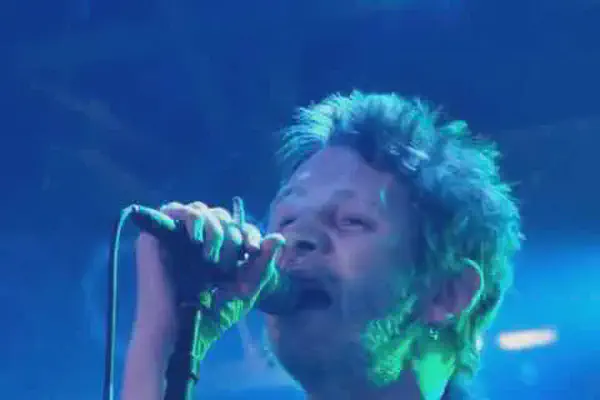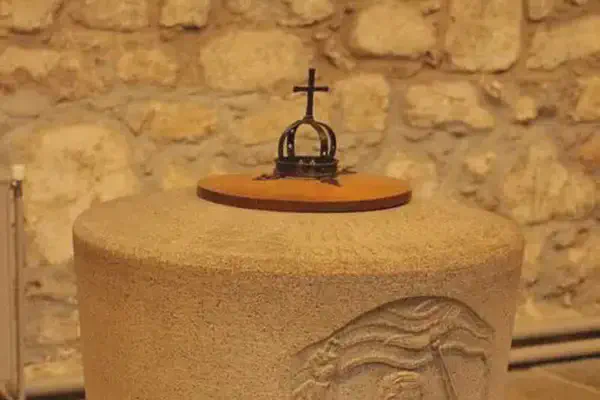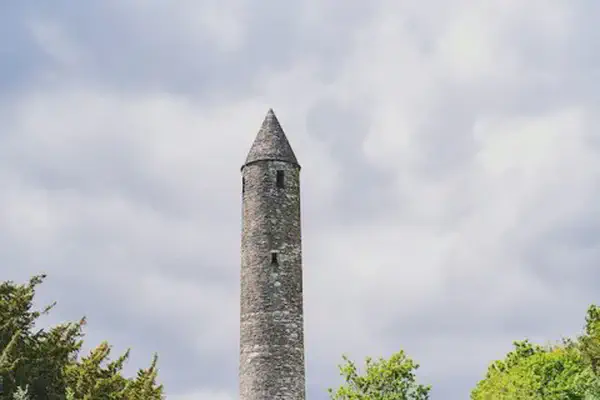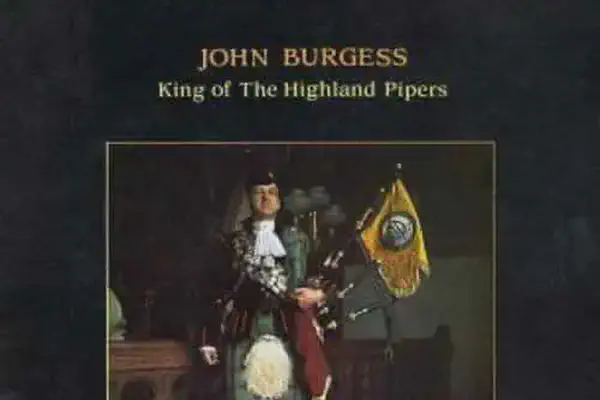On December 10, 1616 in Celtic History
Scottish privy council ordinance establishes parish schools and the abolition of gaelic

In 1616 an act in Privy council commanded every parish to establish a school “where convenient means may be had”.
The act commanded the establishment of at least one English language school in every parish in Scotland so that “the Irish language, which is one of the chief and principal causes of the continuance of barbarity and incivility among the inhabitants of the Isles and Highlands may be abolished and removed”.

Privy Council of Scotland
The Privy Council of Scotland (c. 1490 — 1 May 1708) was a body that advised the Scottish monarch. In the range of its functions the council was often more important than the Estates in the running the country.
By the mid-1700s all Highland gentry were bilingual. While these policies had no effect on the Gaelic-speaking masses, they did aid the integration of the Gaelic elite into the British polity and English-speaking society.
Education Act 163
When the Parliament of Scotland ratified the 1616 Privy Council Ordinance with the Education Act 1633, a tax on local landowners was introduced to provide the necessary endowment.
A loophole which allowed evasion of this tax was closed in the Education Act 1646, which established a solid institutional foundation for schools on Covenanter principles. Although the Restoration brought a reversion to the 1633 position, in 1696 new legislation restored the provisions of 1646 together with means of enforcement “more suitable to the age”.
Underlining the aim of having a school in every parish. In rural communities these obliged local landowners (heritors) to provide a schoolhouse and pay a schoolmaster, while ministers and local presbyteries oversaw the quality of the education.
In many Scottish towns, burgh schools were operated by local councils. By the late seventeenth century there was a largely complete network of parish schools in the lowlands, but in the Highlands basic education was still lacking in many areas.
What is Scottish Gaelic?
Scottish Gaelic is a Celtic language native to Scotland. A member of the Goidelic branch of the Celtic languages, Scottish Gaelic, like Modern Irish and Manx, developed out of Middle Irish. Most of modern Scotland was once Gaelic-speaking, as evidenced especially by Gaelic-language placenames.
Related Content

Shane Patrick Lysaght MacGowan, lead singer of the Pogues, died

St Machar Day, patron saint of Aberdeen

Oíche Shamhna - Cetlic New Year Eve (Halloween)

ALBAN ELFED (Welsh Bardic name for autumn equinox)

Feast day of St. James

John Davie Burgess, King of the Highland Pipers, died at age 71.